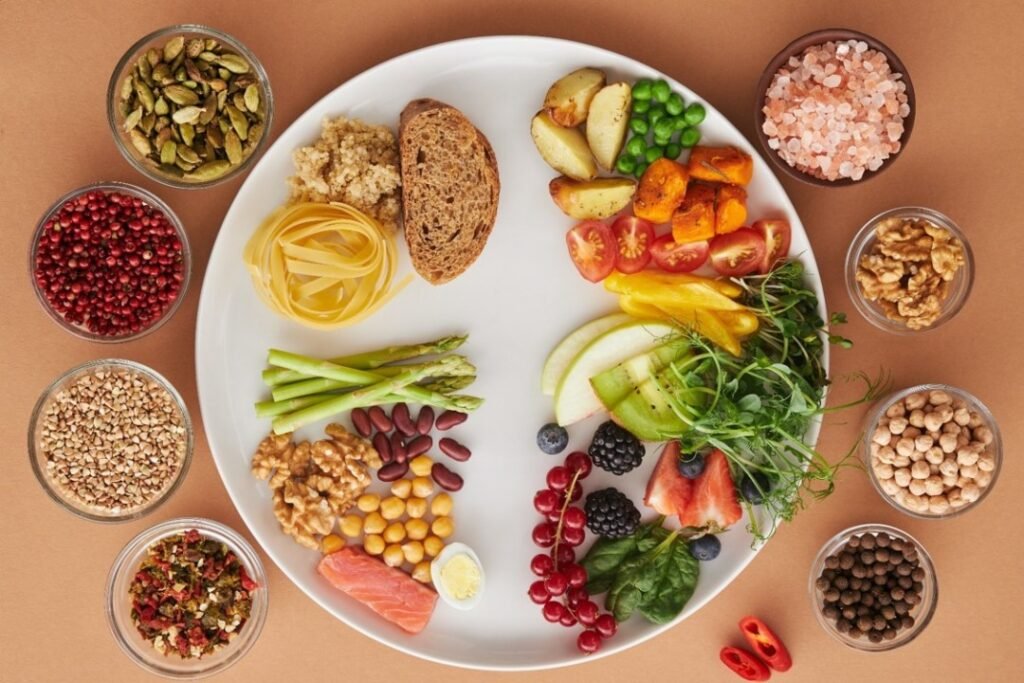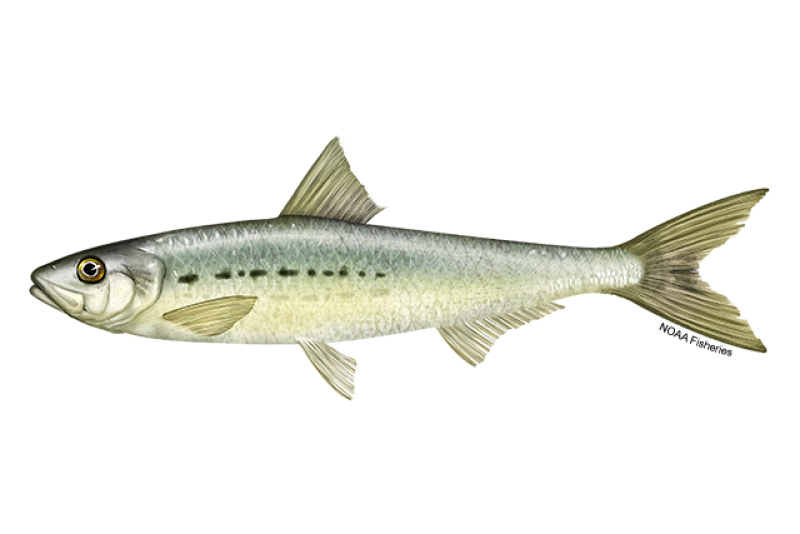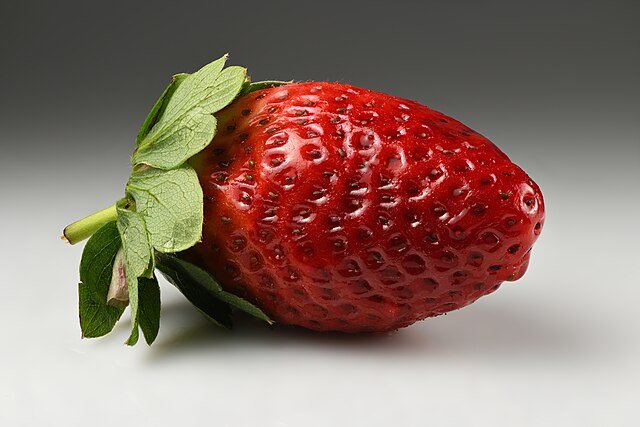A child’s brain is a remarkable thing, constantly developing and absorbing information like a sponge. As parents, we naturally want to support this incredible growth and ensure our children have the tools they need to thrive. While there’s no single “memory pill” disguised as a food, a balanced diet rich in specific nutrients can significantly impact cognitive function and memory.
This article explores 25 delicious and nutritious foods to incorporate into your child’s diet, fostering a foundation for optimal brain health and academic success.

Building Blocks for the Brain:
The brain relies on a complex interplay of nutrients to function at its best. Here’s a breakdown of key players and the foods that provide them:
Omega-3 Fatty Acids:
Crucial for building brain cells and promoting communication between them. Fatty fish like salmon, sardines, mackerel, and tuna are excellent sources.

Choline:
Plays a vital role in memory, learning, and focus. Eggs are a readily available source of choline.

Antioxidants:
Protect brain cells from damage caused by free radicals. Berries (blueberries, strawberries, raspberries, blackberries), leafy green vegetables (spinach, kale, swiss chard), and dark chocolate (at least 70% cacao) are all rich in antioxidants.
B Vitamins:
Essential for cognitive function and information processing. Whole grains (whole wheat bread, brown rice, quinoa), legumes (beans, lentils, chickpeas), and nuts (almonds, walnuts, peanuts) are all good sources of B vitamins.
Protein:
Provides the building blocks for brain cells and neurotransmitters. Lean meats, poultry, fish, yogurt, and legumes are all excellent sources of protein.
Healthy Fats:
Support brain development and function. Avocados, nuts, and seeds are all good sources of healthy fats.
The Top 25 Brain-Boosting Foods:
Salmon: This vibrantly colored fish is king when it comes to brain-boosting omega-3 fatty acids, particularly DHA, which is crucial for brain development and function. It can be baked, grilled, or pan-seared for a flavorful and nutritious meal.
Eggs: A complete protein source containing choline, essential for memory and focus. They are incredibly versatile and can be enjoyed scrambled, boiled, fried, or in omelets.
Spinach:This leafy green powerhouse is loaded with folate and antioxidants that support brain health. It can be enjoyed raw in salads, steamed as a side dish, or blended into smoothies.
Kale:Packed with vitamin K, crucial for cognitive function and memory. Kale can be enjoyed raw with a drizzle of olive oil and lemon juice, sautéed with garlic, or incorporated into soups and stews.
Swiss Chard:An excellent source of antioxidants and carotenoids, beneficial for brain development. Swiss chard can be enjoyed similarly to kale.
Collard Greens:Abundant in vitamin K and choline, both important for brain function. Collard greens are delicious when cooked low and slow with smoked turkey or ham hocks.
Almonds:These crunchy nuts are rich in healthy fats, vitamin E, and antioxidants, promoting cognitive function. Enjoy them as a snack, add them to yogurt or oatmeal, or use almond butter as a spread on sandwiches.
Walnuts: Resembling miniature brains, walnuts are packed with omega-3 fatty acids and antioxidants, supporting brain health. Enjoy them by the handful, sprinkle them on salads, or use them in baked goods.
Peanuts:A budget-friendly and nut-allergy friendly option, peanuts are a good source of healthy fats, protein, and B vitamins, beneficial for cognitive function. Enjoy them roasted, boiled, or as peanut butter. 1
Pumpkin Seeds:Tiny but mighty, pumpkin seeds are an excellent source of zinc, important for memory and learning. Enjoy them raw, roasted with a touch of spice, or add them to granola or trail mix.
Sunflower Seeds:Rich in vitamin E, which has antioxidant properties that protect brain cells. Sunflower seeds can be enjoyed raw, roasted with a shell or without, or added to yogurt or oatmeal.
Oats:This heart-healthy whole grain is a complex carbohydrate that provides sustained energy for the brain and improves focus. They are incredibly versatile and can be enjoyed hot as oatmeal with fruit and nuts, or cold in overnight oats with yogurt and berries.
Whole Wheat Bread:A source of complex carbohydrates and B vitamins, important for cognitive function. Choose whole wheat bread over white bread whenever possible for a more nutritious option.
Brown Rice:Unlike white rice, brown rice is a whole grain that provides sustained energy for the brain and is rich in B vitamins. Enjoy it as a side dish or incorporate it into stir-fries and casseroles.
Quinoa:This ancient grain is a complete protein source containing all nine essential amino acids, important for brain development. Quinoa cooks quickly and has a nutty flavor, making it a versatile addition to salads, bowls, and pilafs.
Blueberries:

These antioxidant powerhouses are rich in anthocyanins, which may improve memory and learning. Enjoy them fresh, frozen, or blended into smoothies.
Strawberries:

Loaded with vitamin C and antioxidants, promoting brain health. Strawberries are a delicious and refreshing snack on their own or added to yogurt, cereal, or salads.
Raspberries:

An excellent source of antioxidants and fiber, beneficial for cognitive function. Raspberries are delicate but flavorful and can be enjoyed fresh, frozen, or in jams.
Blackberries: Rich in antioxidants and anthocyanins, which may improve memory and learning. Blackberries have a slightly tart flavor and can be enjoyed fresh, frozen, or in jams and pies.
Yogurt:A good source of protein, probiotics, and choline, all important for brain health. Choose plain yogurt and top it with fruit, granola, or nuts for added nutrients. Opt for yogurt with live and active cultures to reap the benefits of probiotics.
Dark Chocolate:In moderation (at least 70% cacao), dark chocolate contains flavanols that may improve blood flow to the brain and cognitive function. Enjoy a small square of dark chocolate after dinner for a satisfying treat.
Beans:A budget-friendly and good source of plant-based protein, fiber, and B vitamins, all important for brain health. Explore a variety of beans like kidney beans, black beans, pinto beans, and chickpeas to add variety to your child’s diet.
Lentils:Rich in protein, iron, and B vitamins, beneficial for cognitive function. Lentils cook quickly and have a mild, earthy flavor. They can be enjoyed in soups, stews, salads, or as a vegetarian main course.
Chickpeas:A good source of plant-based protein, fiber, and folate, which supports brain development. Chickpeas are incredibly versatile and can be enjoyed roasted as a snack, blended into hummus, or added to salads and curries.
Lean Meats: Provide protein, iron, and B vitamins, all essential for cognitive function. Choose lean cuts like chicken breast, turkey breast, or fish for a healthy and brain-boosting option
Remember:
- A balanced diet is key! While these foods are excellent sources of brain-boosting nutrients, it’s important to incorporate them into a well-rounded diet that includes a variety of fruits, vegetables, whole grains, and lean protein.
- Make it fun! Encourage your child to explore new foods and flavors. Experiment with different recipes and involve them in the kitchen.
- Be patient! Building a healthy relationship with food takes time. Don’t get discouraged if your child isn’t receptive to a new food right away. Keep offering it and explore different ways to prepare it.
By incorporating these brain-boosting foods into your child’s diet and fostering healthy eating habits, you can help them reach their full potential and set them on the path for lifelong success.





